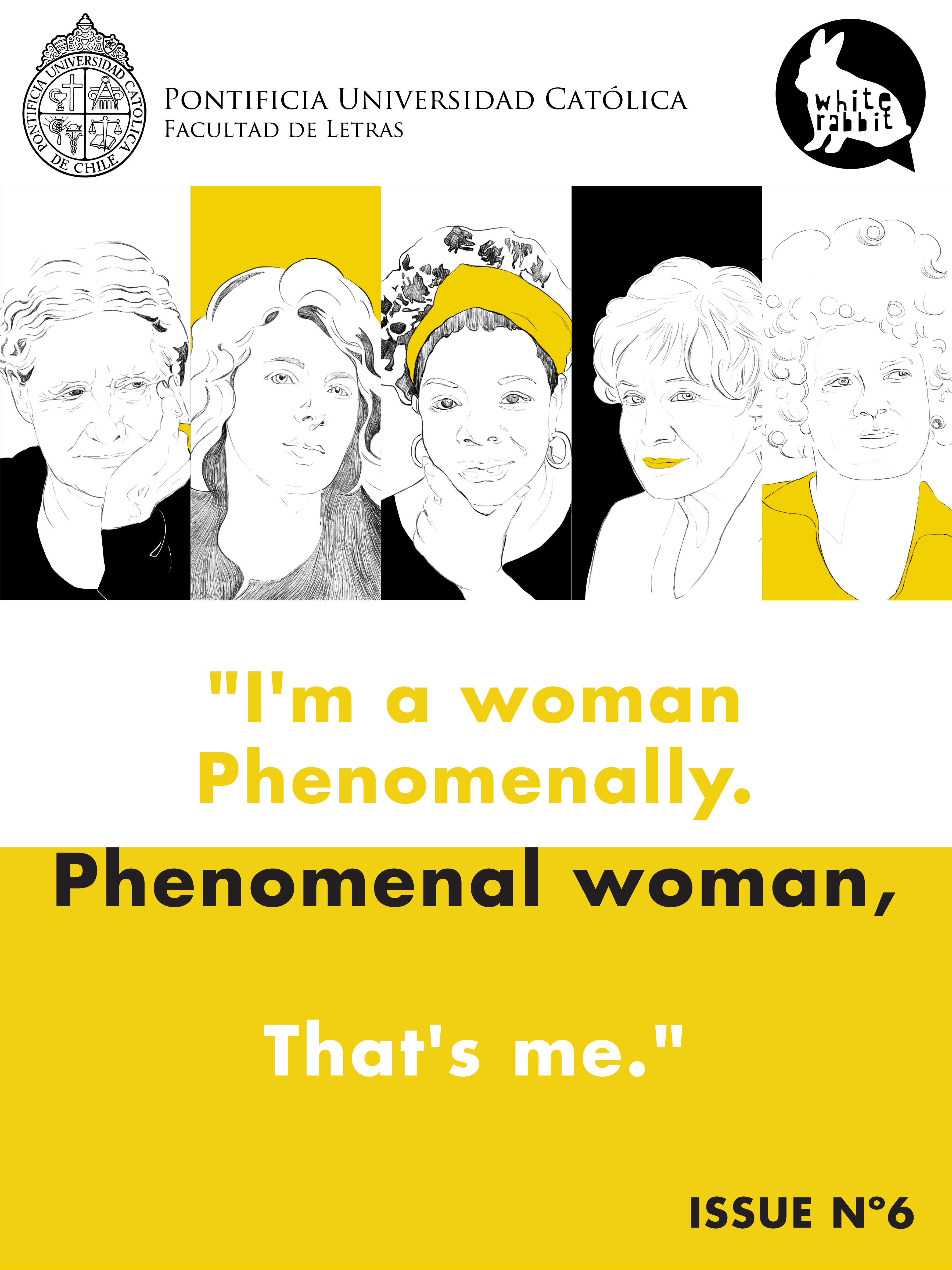The Brain of Pooh: Winnie-the-Pooh and Non-Epistemic Wisdom
DOI:
https://doi.org/10.7764/ESLA.62075Abstract
The present article studies A.A. Milne’s Winnie-the-Pooh and The House at Pooh Corner as adult intended books. Childhood has traditionally been perceived as a state we grow away from, however, these stories criticize this process under an epistemic debate. Milne has developed a fantasy that functions as a response to the inadequacies of the external world. The construction of knowledge and the stability of language are explored under the philosophies of Martin Heidegger ‘s Being on Time and Ludwig Wittgenstein’s On Certainty. Milne uses a ‘Bear of Very Little Brain’ to defend the position of the child, and motivate the reader into considering the losses of growing up in terms of the limitations this has on our understanding of the world.
Downloads
Downloads
Published
How to Cite
Issue
Section
License

This work is licensed under a Creative Commons Attribution-NonCommercial-NoDerivatives 4.0 International License.


